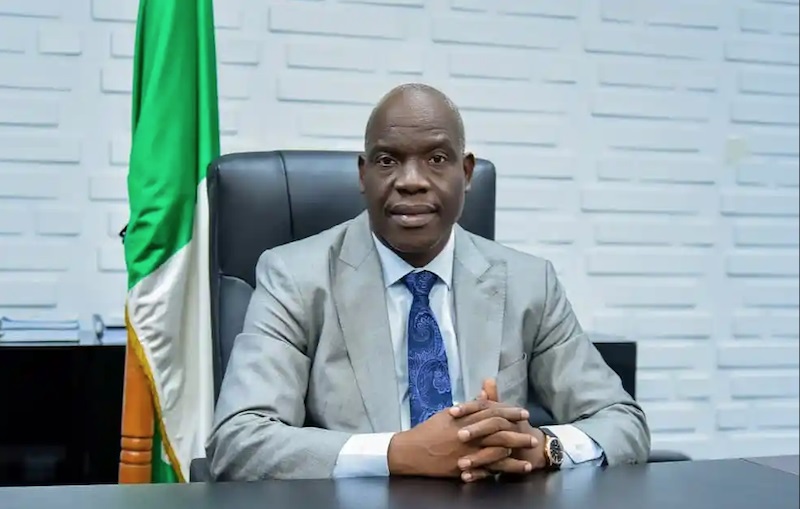
Speaking on Nigeria’s Macroeconomic Outlook 2025 at the Financial Correspondents Association of Nigeria (FICAN) meeting on Tuesday, Founder of Nairametrics, Ugodre Obi-Chukwu stressed the urgent need to address Nigeria’s sluggish growth, which lags behind Ghana’s 4.4 per cent, Saudi Arabia’s 4.6 per cent, and Kenya’s five per cent.
Citing Nigeria’s over six per cent gross domestic product (GDP) during the Obasanjo administration, Obi-Chukwu emphasised the transformative impact of prioritising infrastructure investments.
He noted that initiatives such as the liberalisation of the telecommunications sector, the establishment of the National Integrated Power Project (NIPP) and the rehabilitation of key road networks played pivotal roles in driving economic expansion, attracting foreign investments and boosting investor confidence.
According to him, the reforms spurred economic activity, boosted investors’ confidence and encouraged Nigerians in the diaspora to return home.
He pointed out that infrastructure projects could unlock transportation networks, spur the creation of new living areas, and attract both investments and population shifts.
“The Obasanjo era demonstrated how strategic investments can create a thriving economy.
Nigerian companies attracted global investments, and many Nigerians in the diaspora were compelled to return, inspired by the economic potential created by these reforms,” Obi-Chukwu said.
To replicate such success, Obi-Chukwu proposed a focused approach toward upgrading critical sectors.
He stressed the need to modernise agriculture, expand transportation networks, enhance power generation and distribution, and improve oil and gas infrastructure.
The expert argued that complementary policies that promote transparency, accountability, and continuity in these projects are also vital to unlocking Nigeria’s growth potential and positioning the country for long-term development.
Obi-Chukwu also stressed the importance of policies that promote transparency, accountability, and continuity to ensure the success of these initiatives.
He, however, warned of significant challenges, including high inflation, exchange rate instability, and fiscal deficits, noting that while achieving a 15 per cent inflation target may be ambitious, he projected inflation could stabilise at 29-30 per cent if ongoing reforms are sustained.
On currency stability, Obi-Chukwu cited the mismatch between the naira’s true value and its current exchange rate as a major concern. He called for increased dollar supply to address this imbalance amidst competition for inflows into frontier markets.
“Nigeria’s large fiscal deficits, growing debt burden, and high inflation rate pose serious threats to exchange rate stability and could undermine the benefits of ongoing forex reforms,” he warned.
Also to manage exchange rate volatility, Obi-Chukwu advised businesses to hedge against a worst-case scenario of N2,200/$1 exchange rate while preparing to take advantage of a best-case scenario of N1,700/$1.
Obi-Chukwu reiterated that sustained infrastructure investments and targeted economic reforms are Nigeria’s best bets for achieving sustainable growth, global competitiveness and currency stability.






